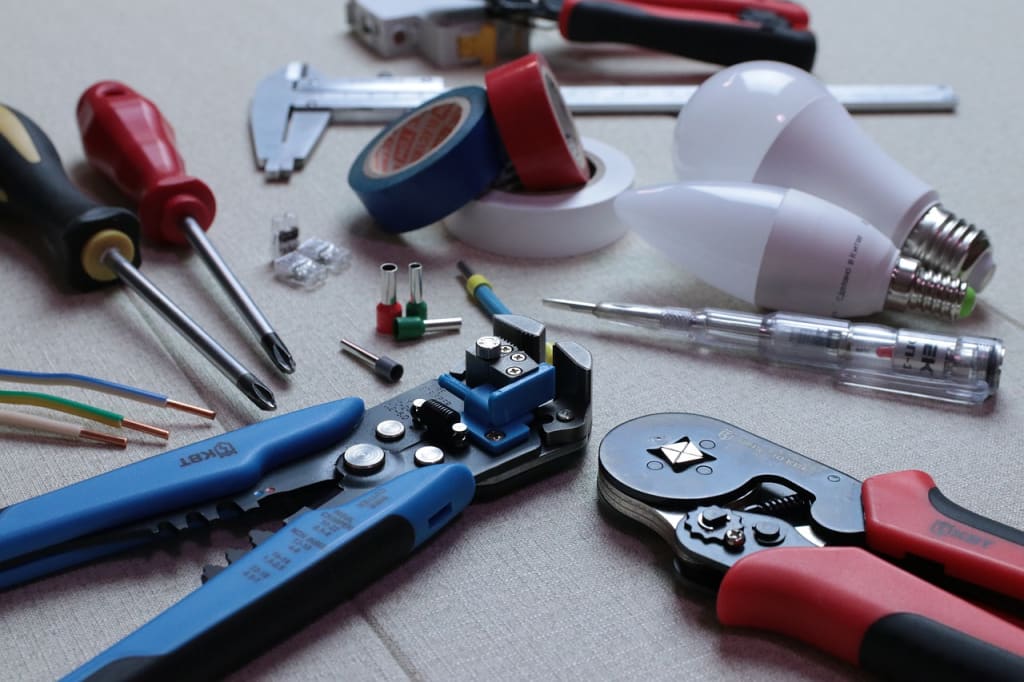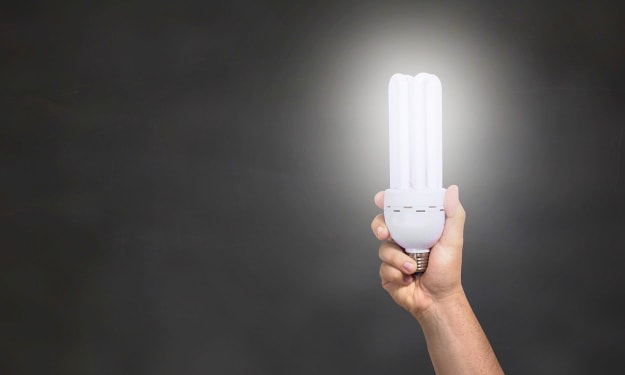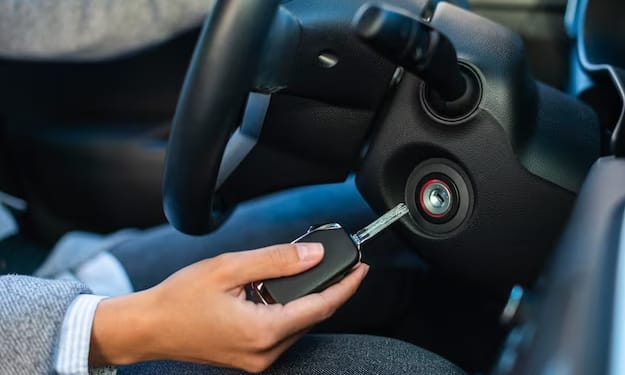20 Safety Precautions When Working with Electrical Equipment
Electrician's Call

Working with electricity can be extremely dangerous and risky if not handled by a professional. Generally, it is not something to DIY or experiment on because you'll never know the dangers it could bring. And what might've looked like a simple faulty wiring could cause a major problem in the future.
To avoid the dangers of electricity and ensure your well-being while working with any kind of electrical equipment, here are 27 safety precautions that you should follow:
Rule 1:
Prevent from coming in contact with water on or before working closely on anything with electricity.
Rule 2:
Before touching any equipment that is plugged in, make sure to wear the necessary protective clothes, nonconductive gloves, and shoes with insulated soles.
Rule 3:
Always remember to disconnect the power source or unplug any electrical equipment before repairing.
Rule 4:
Do not use tools with handles that are made from conducting materials to avoid electric shock. Instead, look for tools with handles that are made from rubber, glass, or wood.
Rule 5:
Avoid storing highly flammable materials near any electrical equipment as it can easily ignite a flame.
Rule 6:
If safe or possible to do so, work with one hand only and keep the other hand at your side or in your pocket. This way, the likelihood of any electric shock that could cause a severe psychological effect will be lessened.
Rule 7:
Minimize, or completely avoid using any electrical equipment in cold rooms and other areas where condensation happens. If putting equipment is unavoidable, make sure to either mount it on a wall or vertical panel.
Rule 8:
Avoid spilling any kind of liquid on the electrical equipment. But if any liquid accidentally gets spilled, make sure to shut off power at the main switch or unplug the equipment first before repairing.
Rule 9:
If an individual comes in contact with a live conductor, do not touch either the equipment or person as you might also get the shock. Instead, pull out the plug using a leather belt or better disconnect the power source.
Rule 10:
Avoid wearing loose clothing or ties near any electrical equipment as it may get caught on it while you are doing the necessary repairs.
Rule 11:
Enclose all electric contacts and conductors to avoid accidents such as coming in contact with them.
Rule 12:
Never carelessly touch any electrical equipment or devices, unless you are professionally trained to do so.
Rule 13:
Before leaving any electrical equipment or experimental circuits unattended, make sure to de-energize them to avoid accidents.
Rule 14:
If any of your electrical appliances or equipment is producing a tingling sound, then you should immediately disconnect it from the power source and call a professional electrician.
Rule 15:
Another way to avoid electric shock is to drain the capacitors before working near them. Also, remember to keep the short circuits on the terminals during the process of repairing.
Rule 16:
When checking for overheated motors of any appliance or equipment, make sure to use the back of your hand to lessen the muscular contraction if ever an accidental shock occurs.
Rule 17:
Do not ever touch any electrical equipment or appliances while your hands, feet, or body are wet from perspiring or if you just finished showering.
Rule 18:
Do not work on circuit panels with a live wire. Make sure to put an insulator cap first (as it also acts as insulation) to prevent any electric shock.
Rule 19:
Never use highly flammable materials near any electrical equipment as it can easily ignite a flame.
Rule 20:
Take off accessories such as rings or metal watches when working with any electrical equipment.
Conclusion
Electrical problems are not something you can ever predict, as well as should not be handled carelessly by just anyone. Because what might seem to be a very simple electrical issue could lead to something far more serious. So it is best to practice these 20 safety precautions when working with electrical equipment to ensure your well-being. However, the best solution remains to immediately seek the help of a professional electrician.
Now, if you're looking for a top-quality electrician Northern Beaches for either your commercial or industrial electrical needs, make sure to contact an experienced company. With more than 19 years in the electrical industry and well-equipped with a broad range of history, Hudson Electrical is 24-hour ready for on-call emergency electrical fixes.





Comments
There are no comments for this story
Be the first to respond and start the conversation.